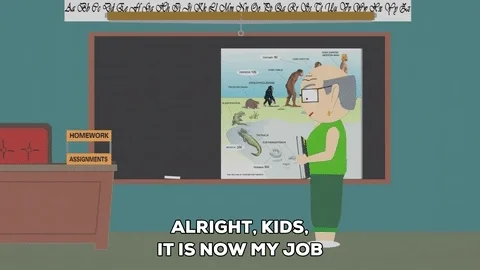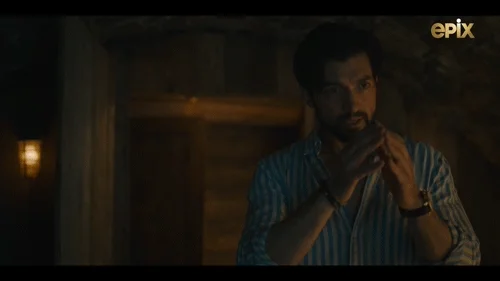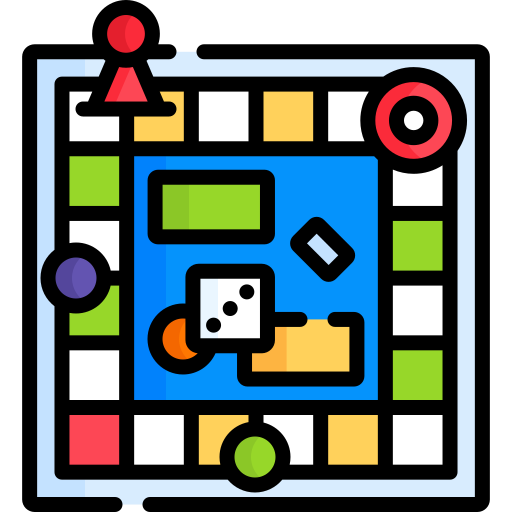
This logo isn't an ad or affiliate link. It's an organization that shares in our mission, and empowered the authors to share their insights in Byte form.
Rumie vets Bytes for compliance with our
Standards.
The organization is responsible for the completeness and reliability of the content.
Learn more
about how Rumie works with partners.
Have you ever heard of Newton's Laws of Motion? Or The Big Bang Theory? The Law of Universal Gravitation? Game Theory?

Do you remember learning about some of these in school? These words pop up in almost every subject, but what exactly is the difference between a theory and a law?
There are a few key things to keep in mind to help you remember the difference.
What Is A Law?
When you think of the word "law", what comes to mind?
Rules?
Can't be broken?
Always true?
 Photo by Felipe Simo on Unsplash
Photo by Felipe Simo on UnsplashA scientific law "is a universally observable fact. It is undeniable and never fades away with the stretch of time."
A law tells you what will happen! If you do something a certain way, you'll be able to predict the result based on what other people have noticed in the past.

Think about Newton's 3rd Law of Motion, where for every action, there is an equal and opposite reaction...
What will happen if you bounce a basketball on the ground?

If you put a good amount of power into it, you can say that the basketball will bounce back up!
To recap: A law tells you the result. You can predict the outcome based on what others have observed in the past.
What Is A Theory?
What comes to mind when you think about the word "theory"?
An idea?
An explanation for something?
Something that we're 90% sure about?

Is supported by a lot of evidence.
Isn't fixed — it can be changed based on new evidence.
A theory tells us the "why"! "Scientific theories are explanations of some aspect of the natural world based on repeated observations."

Aren't set in stone — they "can be proven or rejected."
Are a "broad, natural explanation" that consists of many hypotheses.

Theories are "scientists' explanations and interpretations of the facts".
Two Examples!
Look at the Big Bang Theory:
The big bang is how astronomers explain the way the universe began. It is the idea that the universe began as just a single point, then expanded and stretched to grow as large as it is right now — and it is still stretching!
— NASA Science Space Place, "What is the Big Bang?"

Using your new knowledge, you can list why this statement is a theory:
It tells us the "why" behind the origin of the universe.
It explains observations, such as the distance of galaxies and the origins of stars & planets.
There is a lot of evidence behind this statement.
Look at Newton's Law of Universal Gravitation:
Newton’s law of universal gravitation states that two bodies in space pull on each other with a force proportional to their masses and the distance between them.
This principle can be expressed in the equation: F = G mM / r^2
— Masterclass, "What is Newton's Law of Universal Gravitation?"

Using your knowledge, you can list why this statement is a law:
Practice!
Look at Game Theory:
Game theory studies interactive decision-making, where the outcome for each participant or 'player' depends on the actions of all.
If you are a player in such a game, when choosing your course of action or 'strategy' you must take into account the choices of others.
But in thinking about their choices, you must recognize that they are thinking about yours, and in turn trying to take into account your thinking about their thinking, and so on.
— PBS, "Game Theory Explained"

What makes this concept a "theory" rather than a "law"?
A. It tells you the "result" or "what" of a player's decision.
B. It always occurs.
C. It's not true.
D. It explains observations.
Quiz
Which of the answers above explains why game theory is a theory and not a law?
This theory tells us the "why" behind a situation. There is a lot of evidence to support this broad statement, and the statement explains multiple observations.
Take Action

Put these definitions into action!
This Byte has been authored by
Zainab Abbasi
Senior Clinical Research Coordinator
B.S.